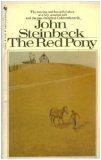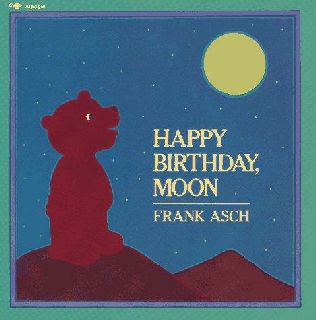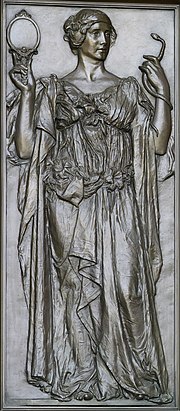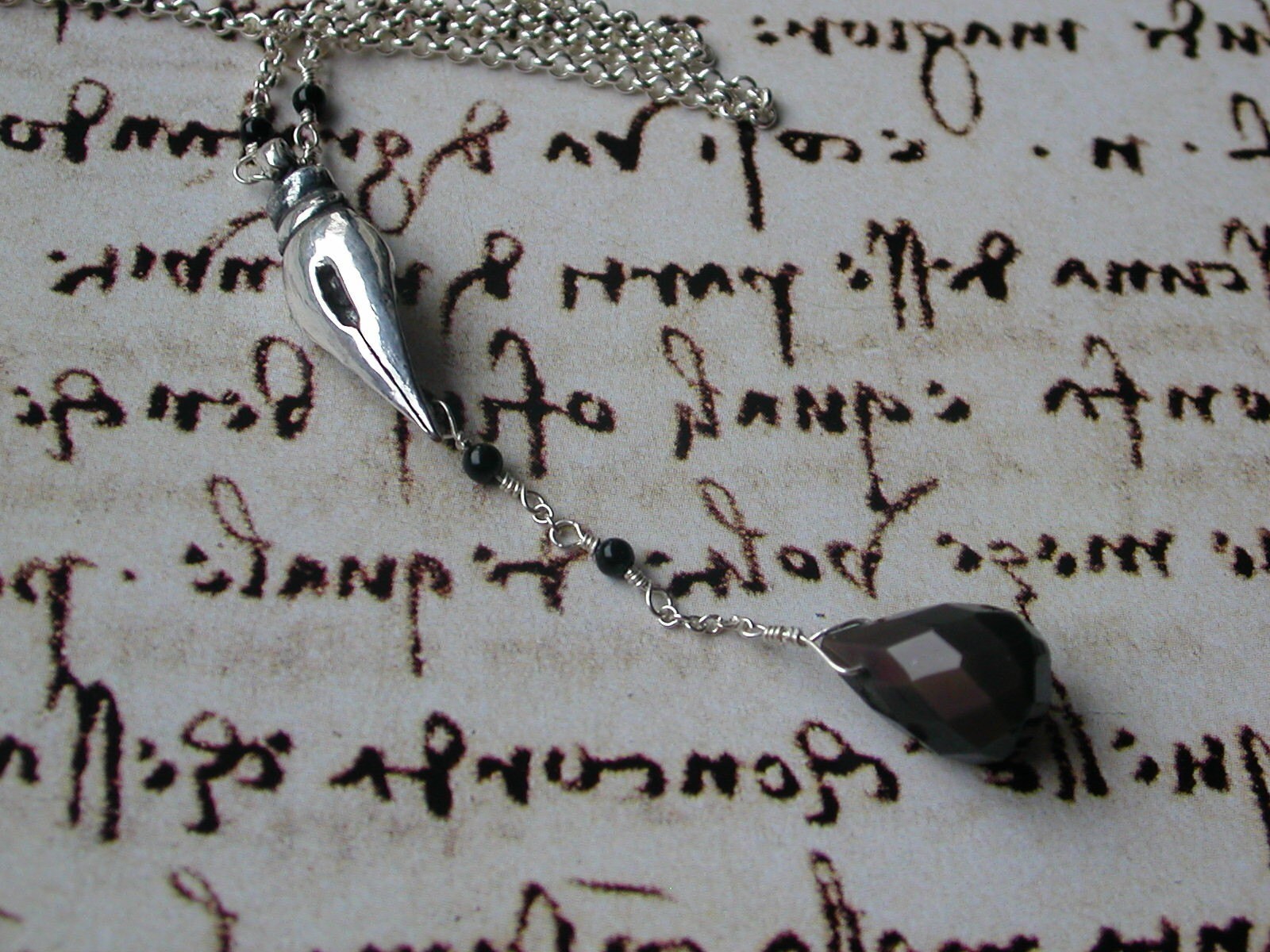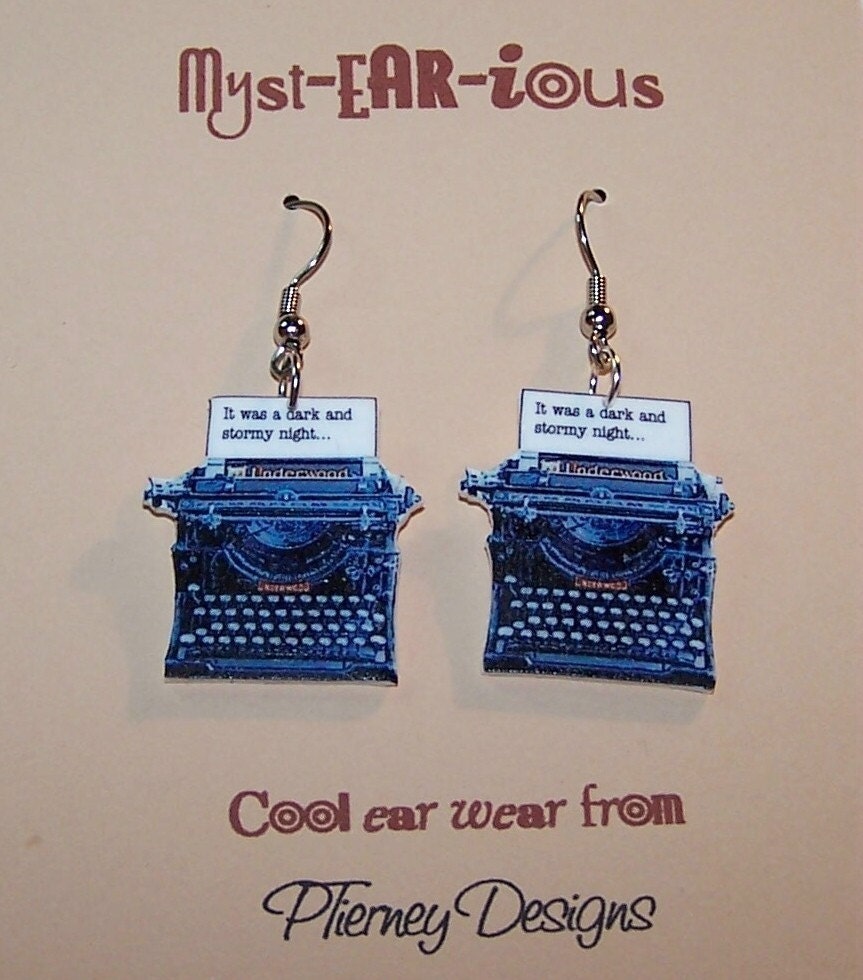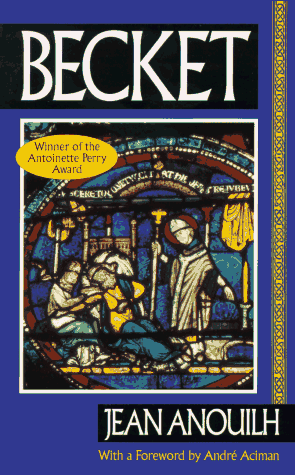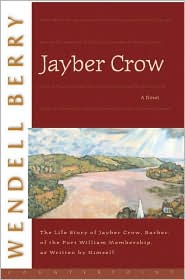Yesterday, I finished the challenge. Here, purely because I want to see them all together, is my list. Yellow is YA/juvenile/children's lit. Green is fiction. Salmon is poetry. Purple is nonfiction. Blue is drama. The two in black are crossovers (A Book of Ireland is a compilation of Irish writing and Eugene Onegin lives somewhere between poetry and fiction.)
- The Accidental Tourist by Anne Tyler
- The Great Gatsby by F. Scott Fitzgerald
- Dubliners by James Joyce
- Earthly Astonishments by Marthe Jocelyn
- From Fatigued to Fantastic by Dr. Jacob Teitelbaum
- Me Talk Pretty One Day by David Sedaris
- The Bell Jar by Sylvia Plath
- Death Comes for the Archbishop by Willa Cather
- Some Writers Deserve to Starve: 31 Brutal Truths about the Publishing Industry by Elaura Niles
- Gilead by Marilynne Robinson
- The Playboy of the Western World by J.M. Synge
- The No. 1 Ladies Detective Agency by Alexander McCall Smith
- Ireland (LIFE World Library) by Joe McCarthy
- Healing Stones by Nancy Rue
- Saints Behaving Badly by Thomas J. Craughwell
- Villette by Charlotte Bronte
- Of Mice and Men by John Steinbeck
- The Trouble with Poetry by Billy Collins
- Songs of Innocence and Songs of Experience by William Blake
- Irish Saints by Robert Reilly
- The Coal Tattoo by Silas House
- A Book of Ireland edited by Frank O'Connor
- The Brothers Karamazov by Fydor Dostoyevsky
- The Pearl by John Steinbeck
- The Chosen by Chaim Potok
- Terpin by Tor Seidler
- How to Read Literature Like a Professor: A Lively and Entertaining Guide to Reading Between the Lines by Thomas C. Foster
- World War I and Nationalist Politics in County Louth, 1914-1920 by Donal Hall
- Carlingford Town by P.F. Gosling
- The Autobiography of S.S. McClure by S.S. McClure and Willa Cather
- As I Lay Dying by William Faulkner
- Master Harold... and the "Boys" by Athol Fugard
- Portuguese Irregular Verbs by Alexander McCall Smith
- Traveling Mercies: Some Thoughts on Faith by Anne Lamott
- The Irish Story: Telling Tales and Making It Up in Ireland by R. F. Foster
- In Praise of Slowness: Challenging the Cult of Speed by Carl Honore
- Who Let the Blogs Out? A Hyperconnected Peek at the World of Weblogs by Biz Stone
- Sons and Lovers by D.H. Lawrence
- Northanger Abbey by Jane Austen
- Eugene Onegin by Alexander Pushkin
- King Lear by William Shakespeare
- Catcher in the Rye by J.D. Salinger
- Ethan Frome by Edith Wharton
- The Red Pony by John Steinbeck
- Woman's World by Graham Rawle
- West Wind: Poetry and Prose Poems by Mary Oliver
- Praying in Color by Sybil MacBeth
- The Power and the Glory by Graham Greene
- Mere Christianity by C.S. Lewis
- Jacob Two-Two Meets the Hooded Fang by Mordecai Richler
Yiddish with Dick and Jane by Ellis Weiner and Barbara Davilman
(If I didn't feel so lazy, I'd have more hyperlinks here.)
About 20 of these come from my favorite Greatest Literature list. About 10 were directly related to research for my book (several more were indirectly related). Perhaps what surprises me the most about this list is the amount of nonfiction I read.
I'm starting the challenge again for 2009, but I don't think I'll be very particular about whether or not I get to fifty next year. I already know I can do it, and right now I'm much more interested in finishing the book I'm writing. I would, however, like to read more poetry and drama this coming year, particularly poetry.





